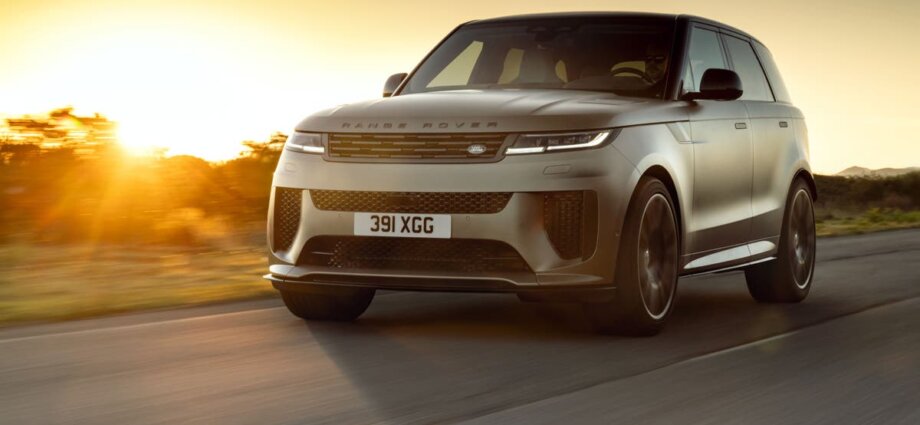Jaguar Land Rover (JLR) has said a shortage of aluminium putting the brakes on car production has dragged on its earnings in recent months.
The Coventry-based luxury carmaker said the problems were temporary but had led to a 10% drop in profits.
It reported a pre-tax profit of £398 million between July and September, a 10th lower than the same period last year.
Revenues for the latest quarter were £6.5 billion, 6% lower than last year.
The Range Rover-maker said its key aluminium supplier, which it did not name, had experienced supply disruptions in recent months which had restricted production.
It also revealed there was a temporary hold on more than 6,000 vehicles which need extra quality control checks.
Aluminium manufacturers have reported that heavy rainfall in Europe over the summer had led to flooding and therefore halted production at key plants.
Adrian Mardell, JLR’s chief executive, said staff had “responded brilliantly” to the supply shortages which meant the firm could “deliver as many orders as possible to clients”.
The situation is expected to improve in the coming months which will lead to production and wholesale volumes picking up strongly, JLR said.
Over the six months to the end of September, JLR’s profits jumped by a quarter year-on-year to £1.1 billion.
The company made its biggest profit in nearly a decade last year, which it said was driven by record sales of its Range Rover vehicles.
On Friday, it revealed that more than 2,900 orders had been placed for the recently launched Land Rover Defender Octa model which is selling at £145,000.
There are also about 48,000 people on a waiting list for the new Range Rover Electric car.
The company is planning to invest £500 million into electric vehicle production at its Halewood plant in Merseyside.
It said half of this total had already been spent, including on new car production lines and robotics.
JLR, which is owned by Tata Motors, has made a profit for two years after steering a turnaround strategy which focused on its highly-profitable cars.










